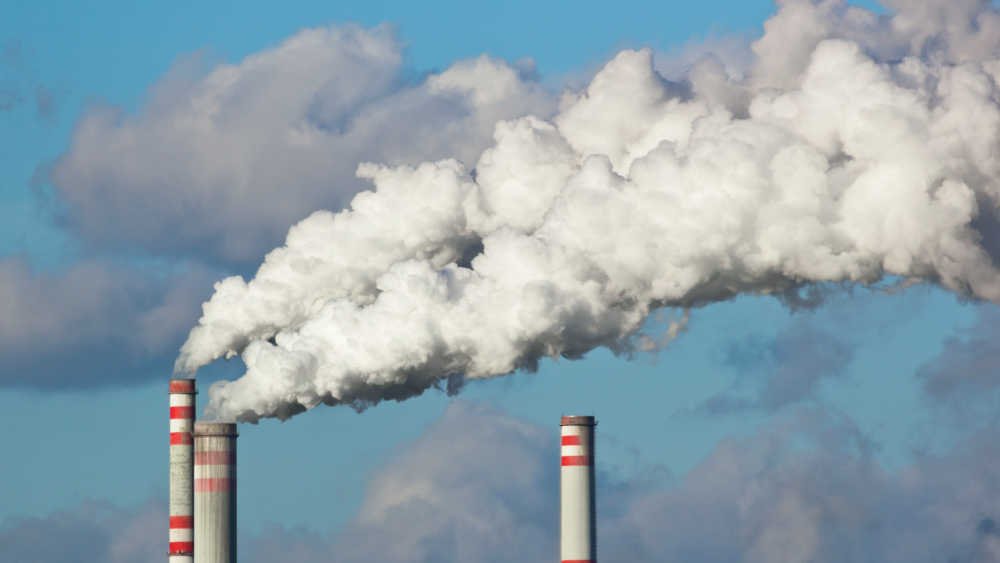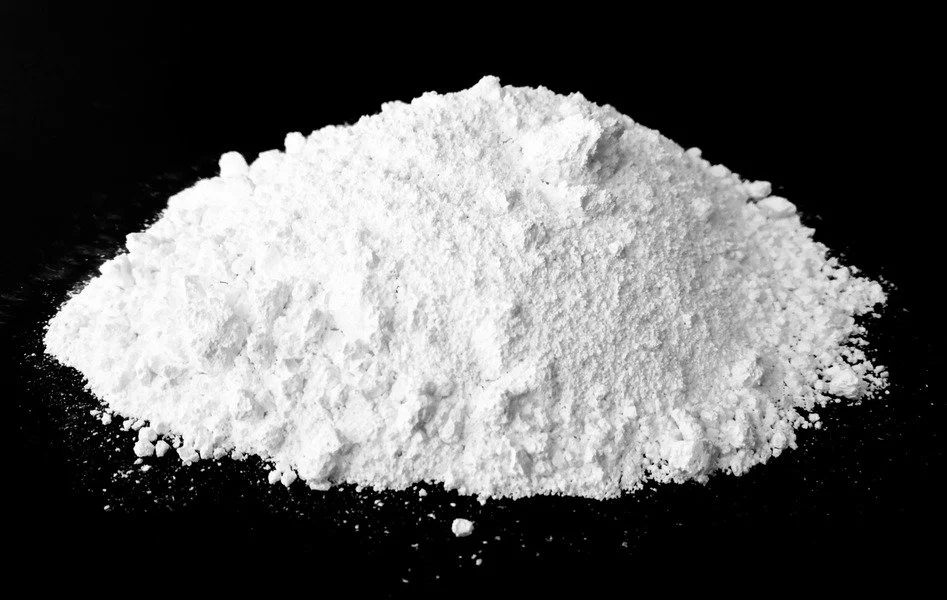
Ocean Acidification
Most people know that carbon dioxide (CO₂) warms our planet — but did you know that about 30% of the CO₂ we release ends up in the ocean?
This absorption changes the chemistry of seawater. When CO₂ dissolves in the ocean, it forms carbonic acid, which lowers the ocean's pH and makes the water more acidic.
This process is called ocean acidification — and it's happening faster than at any point in the last 300 million years.
What is Ocean Acidification?
How does Ocean Acidification affect the reefs?
Coral reefs depend on building their skeletons from a substance called calcium carbonate — the same material used by shellfish and other marine life.
But acidic waters make this process of attaining calcium carbonate much harder.
Ocean acidification:
Slows down coral growth
Weakens existing coral skeletons
Makes baby corals (larvae) less likely to survive
Reduces reef resilience to other stressors like ocean warming or pollution
This means that even if corals survive bleaching events, their ability to recover and rebuild is severely limited by acidified waters.
Science Behind
In Simple Terms:
Ocean acidification happens when carbon dioxide (CO₂) from the air dissolves in seawater. This makes the water more acidic — like adding soda to the ocean — and it takes away the minerals corals need to build their skeletons.
Ocean Acidification Process
Calcium Carbonate
detailed Chemistry explanation:
1. CO₂ from the atmosphere enters the ocean.
CO₂ (carbon dioxide) + H₂O (water) → H₂CO₃ (carbonic acid)
2. Carbonic acid is unstable — it breaks apart.
H₂CO₃ → H⁺ (hydrogen ion) + HCO₃⁻ (bicarbonate ion)
3. More hydrogen ions (H⁺) = More acidic water.
Hydrogen ions are like "troublemakers" — they look for carbonate ions (CO₃²⁻), which corals need for their skeletons.
4. Hydrogen ions "steal" carbonate ions.
H⁺ + CO₃²⁻ → HCO₃⁻ (bicarbonate ion)
5. Corals need calcium carbonate (CaCO₃) to grow:
Ca²⁺ (calcium) + CO₃²⁻ (carbonate) → CaCO₃ (coral skeleton)
But ocean acidification leaves less carbonate available — making it harder for corals to:
Grow
Repair themselves
Build strong skeletons



